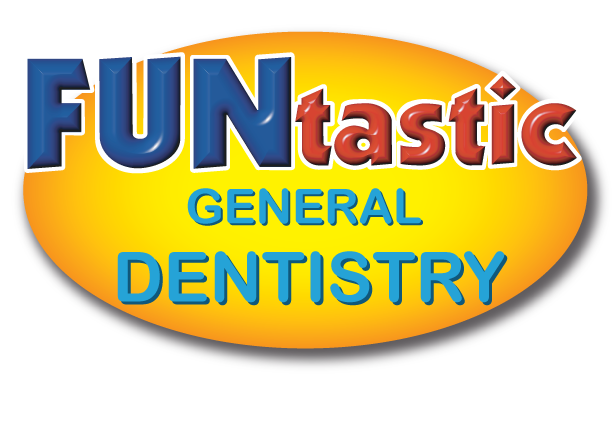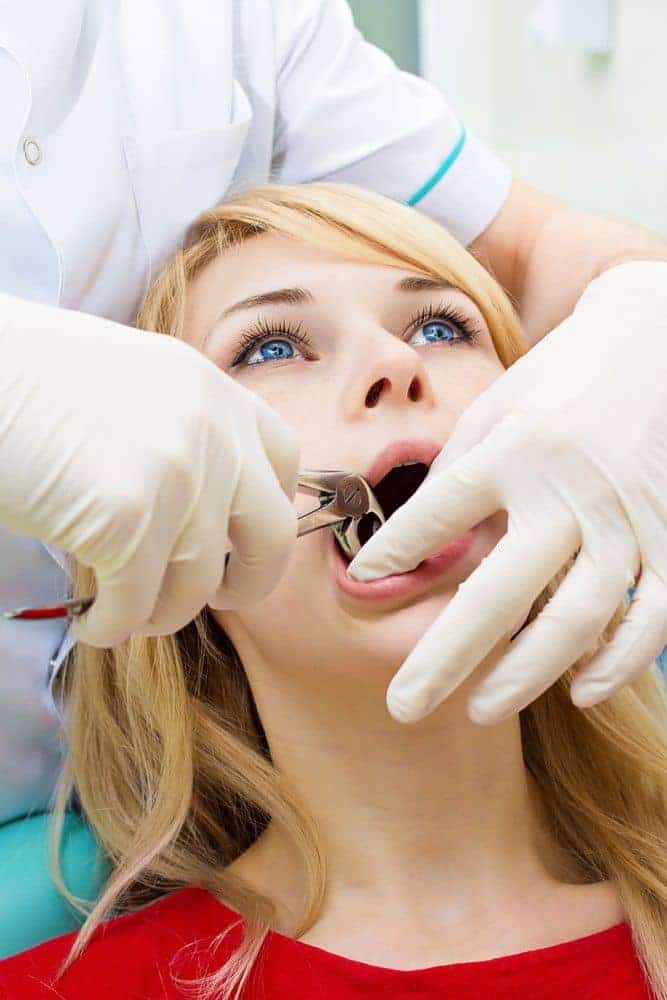WISDOM TEETH PROBLEMS
Wisdom teeth are massive, so cutting them can be a painful experience, mainly because they don’t all appear simultaneously. Wisdom teeth are divided into four parts, and several people experience them erupting one corner at a time. This is known as pericoronitis. When a wisdom tooth emerges in this manner, the gum tissue around the tooth often becomes swollen and tender, producing mild to severe discomfort.
Even when the region is thoroughly cleaned many times a day, smaller particles of food and bacteria may accumulate at the gum edges, making them vulnerable to infection. Roundhead toothbrushes and antiseptic mouthwash will help deter this, so once the wisdom tooth does get contaminated, you may be given antibiotics to remove the infection.
If you have recurring wisdom tooth infections or your wisdom teeth are difficult to cut through, your dentist can prescribe surgical intervention to extract the wisdom teeth entirely.
WHY MIGHT I NEED MY WISDOM TEETH REMOVED?
A surgical procedure on your wisdom teeth can be performed by a surgeon only if it is completely necessary.
Reasons for removal are normally limited to:
- Your wisdom teeth do not have enough room to fall in and would adversely affect your actual teeth if they do.
- If you have recurring discomfort and illnesses that need antibiotics on a daily basis.
WHAT CAN I EXPECT TO HAPPEN IN A WISDOM TOOTH REMOVAL?
Your surgeon will use the x-rays prior to the oral surgery to evaluate the placement of your wisdom teeth and their roots, which will determine the difficulty level of the operation.
If you get the procedure performed at our dentist office, you will be offered a local anesthetic to relax your mouth to relieve the discomfort.
If the operation seems to be more complicated, your dentist may refer you to an oral surgeon professional who will conduct the procedure in a hospital. Under these cases, a general anesthetic can be used to bring you fully to sleep.
To conduct the extraction, the gum tissue must be opened and any bone that might be protecting the tooth must be removed. If it makes the removal process faster, your dentist can prefer to break the tooth into smaller parts.
AFTER SURGERY
Once the wisdom tooth is extracted, the dentist may apply gauze to the area to help avoid any bleeding, and the mouth may remain numb for several hours until the anesthetic wears off. Some bleeding may have stopped within 24 hours, and if it hasn’t, you should consult with us immediately.
To enable the wound to heal, you might be advised to stop smoking, consuming something chewy or rough, and consuming alcohol for at least 24 hours. You should also avoid lying down and performing some vigorous activity, since this can cause the bleeding to last longer.
Since your mouth can remain swollen for many days after surgery, your dentist can recommend an anti-inflammatory analgesic. However, your face should be totally back to usual within a week. You should continue to see the dentist around a week after the surgery to get some stitches out and to ensure that the gum has healed properly.

